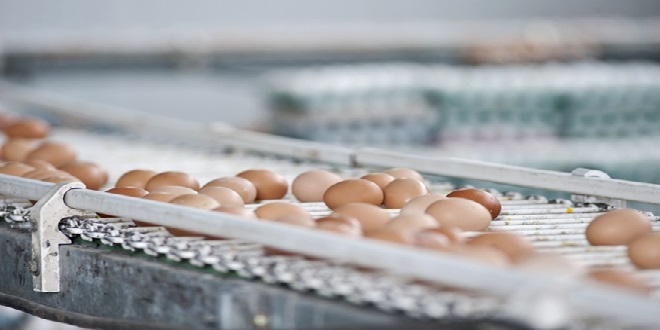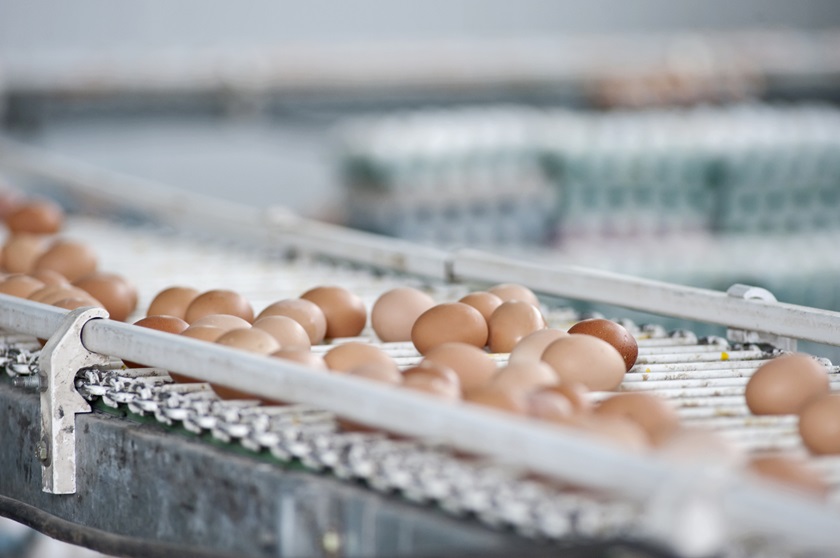

A recent national survey conducted by the leading APAC consumer research agency, GMO Research, reveals that a significant majority of Filipino consumers prefer food companies—including restaurants, retailers, and packaged food brands—to source their eggs from cage-free farms. Tokyo-based GMO Research, one of the world’s top ten consumer research agencies, boasts 55 million online consumer panelists across 16 APAC countries. The survey, which randomly sampled hundreds of respondents across the Philippines, highlights the growing consumer demand for higher animal welfare and sustainability standards in the food industry.
The survey results indicate that 83% of consumers believe that eggs sourced by restaurants, supermarkets, and packaged food companies should come exclusively from cage-free environments. Additionally, 80% of respondents said they are more likely to support food brands that commit to sourcing only cage-free eggs.
The survey also uncovered a strong willingness among consumers to pay a premium for cage-free eggs. A substantial 89% of respondents agreed that “The advantages of cage-free eggs in terms of food safety and quality are worth spending a little extra money on.” Specifically, 76% of consumers were willing to pay 10-25% more for cage-free eggs in supermarkets, and 74% were ready to pay 5-10% more for restaurant meals or packaged food products that use cage-free eggs.
In response to changing consumer values, many major food brands in the Philippines, such as Jollibee, The Coffee Bean and Tea Leaf, Red Ribbon, Mang Inasal, Ascott, MetroMart, SM Hotels and Conventions Corp, and Robinsons Hotels & Resorts, have committed to sourcing only cage-free eggs in the coming years.
“These new survey findings underscore the importance for food companies to prioritize animal welfare and ethical sourcing practices in their operations,” said Robyn Del Rosario, Sustainability Program Manager at Lever Foundation, an NGO that supports companies in the Philippines and across Asia on sustainable sourcing. “As consumer awareness and demand for improvements like cage-free eggs continue to rise, businesses can enhance their brand reputation by aligning their sourcing standards with consumers’ expectations.”
Animal welfare significantly influences consumer attitudes on this issue. The survey found that 95% of consumers agreed that “Hens that produce eggs should not be kept in cages; they should have the freedom to walk and move around.” Furthermore, 99% believed that food companies should source both eggs and meat from supply chains adhering to humane standards of animal treatment. Additionally, 31% of respondents cited the safety of cage-free eggs as a valuable advantage.
Cage-free egg production allows hens to move freely in open indoor environments, improving animal welfare and significantly reducing food safety risks compared to caged egg production. Extensive research by the European Food Safety Authority found that battery cage egg farms have up to 25 times higher rates of contamination by key salmonella strains compared to cage-free farms, leading the EFSA to recommend a complete ban on caged egg production across Europe. For individual consumers, reducing or eliminating egg consumption is the most effective way to protect egg-laying hens.
Learn more about these findings and their implications for the food industry by following Jeepney TV on Facebook, Twitter, Instagram, and TikTok, and subscribing to their YouTube channel. For additional updates, follow @abscbnpr on Facebook, X (formerly Twitter), Instagram, and TikTok, or visit www.abs-cbn.com/newsroom.







